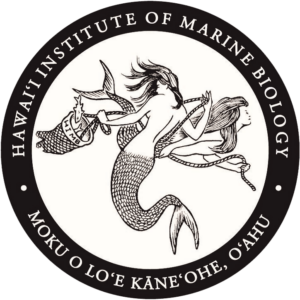Project overview
Given their potential to reveal feedback relationships between human and environmental well-being, the inclusion of cultural ecosystem services (CES) in natural resource planning and decision-making processes is critical to successful long-term application of stewardship and management strategies. However, despite being one of four main categories of ecosystem services, CES are not often assessed due to significant theoretical and practical gaps in their identification and evaluation. This project seeks to address that by training a cohort to identify and monitor them. It will transfer knowledge on CES methods through virtual and in-person workshops, make recommendations for implementing CES methods in existing NERR efforts, build a community of practice to support and share lessons learned, and engage the next generation of managers in thinking about CES.
Research conducted
This science transfer project expands collaborations initiated in a previous science transfer project by training a cohort from at least seven reserves in a variety of place-based approaches for identifying and monitoring CES over three virtual workshops. The project will establish a sustainable network of CES practitioners that can continue to support each other, engage others through their CES experiences, and share what methods are best suited for the different socio-ecological contexts represented by each reserve.
Findings
This study has been in progress since October 2022 and is expected to end in September 2024. Currently, workshop planning is underway. You can read more about the project here.
Outcomes & impact
Cultural ecosystem services (CES) – or the non-material benefits that result from human relationships with the environment – support and maintain place-based values, worldviews, cultural identity, and well-being. The outcomes of this project will help improve understanding of the different values, tangible and intangible, provided by estuarine systems across diverse human communities.




